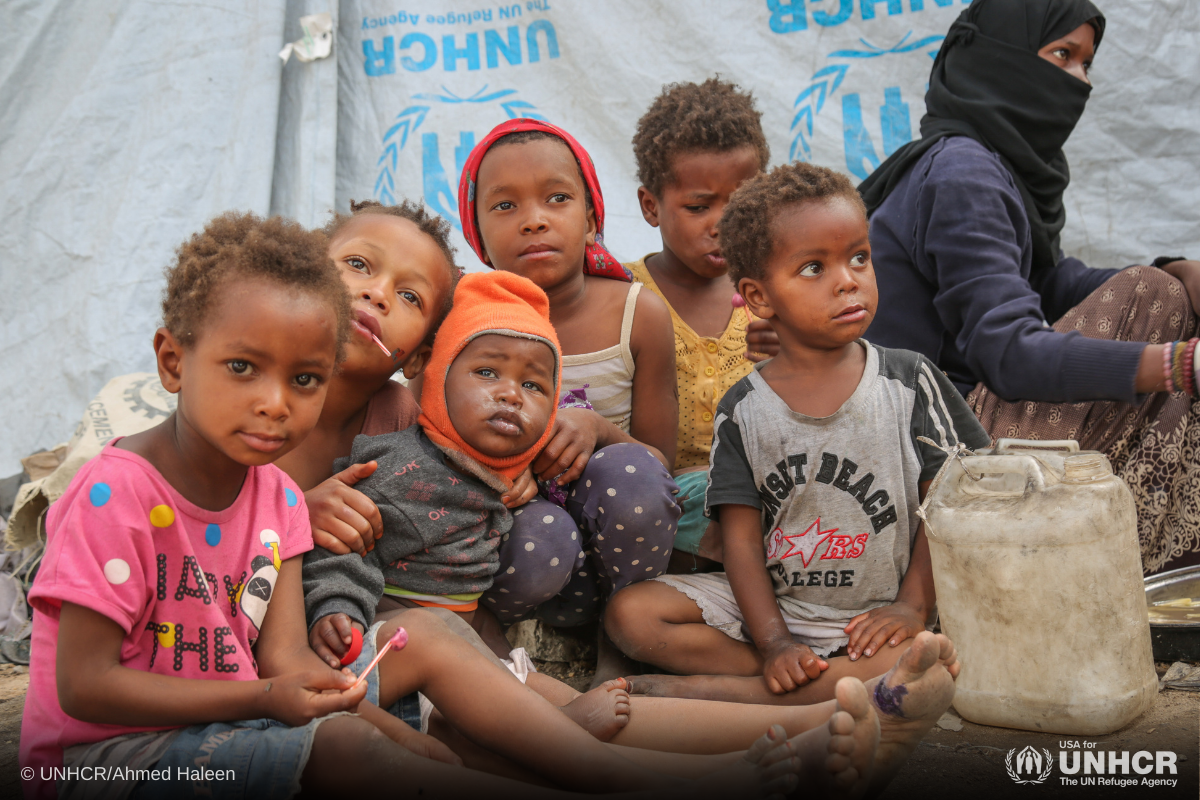Started in 2015, the civil war in Yemen is still far from resolution. This conflict occurred due to disparities between the Yemeni government and the Houthis, an Islamist political and armed movement.
The group, officially called Ansar Allah, emerged as opposition to Yemeni President Ali Abdullah Saleh, whom the group claims is guilty of corruption. The conflict has caused a social and economic crisis in the country. According to the United Nations Refugee Agency, 66% of the Yemeni population are in need for humanitarian assistance.
“Four million people have been uprooted from their homes and more than 20 million are in dire need of humanitarian assistance,” the Refugee Agency said. “The risk of a large-scale famine in the country has never been more acute. Tens of thousands are already living in famine-like conditions, with a staggering five million more just one step away from it.”
Besides the risk of famine, the Yemeni population faces challenges of violence, collapsing services and protracted displacement. More than 16 million people could go hungry this year, according to the United Nations Refugee Agency.
“Six years of intense fighting have pushed the country to the brink of economic collapse, leaving only half of the country’s health facilities fully functional and more than half of the country’s population without enough water and resources to meet their basic needs,” the Refugee Agency said.
UNICEF said 12.2 million children need assistance in Yemen, and around two million are malnourished. The COVID-19 pandemic has not helped the fragile economic situation.
“A dangerous combination of factors, driven by conflict and economic decline and now exacerbated by COVID-19, have compounded the dire situation for Yemen’s youngest children,” UNICEF said.
UNICEF said they are on the ground across Yemen providing humanitarian help.
“UNICEF is helping treat severe acute malnutrition in children by providing essential therapeutic food and medical supplies,” UNICEF said. “As part of its response to the coronavirus pandemic, UNICEF has shipped crucial personal protective equipment needed by frontline workers and has continued to provide risk communication and community engagement activities.”
According to BBC, the conflict is a global issue.
“What happens in Yemen can greatly exacerbate regional tensions,” BBC said. “It also worries the West because of the threat of attacks – such as from al-Qaeda or IS affiliates – emanating from the country as it becomes more unstable.”
Martin Griffiths of the New York Times wrote both parties involved in the war know the outcome is bad for their population.
“This is a conflict the international community can resolve,” Griffiths said. “And because we can, we must. The details of this settlement are in plain sight.”
Griffiths said ending the war could transform Yemen from a source of violence into an island of relative stability.
“With the requisite political will on all sides, I know this can be done,” Griffiths said. “But to do so requires us to convince leaders that stability and their region’s security is best reached not through military pressure but through genuine and tested cooperation with their enemies. I am not the first to suggest a bold move to end this war and make peace.”













Be First to Comment